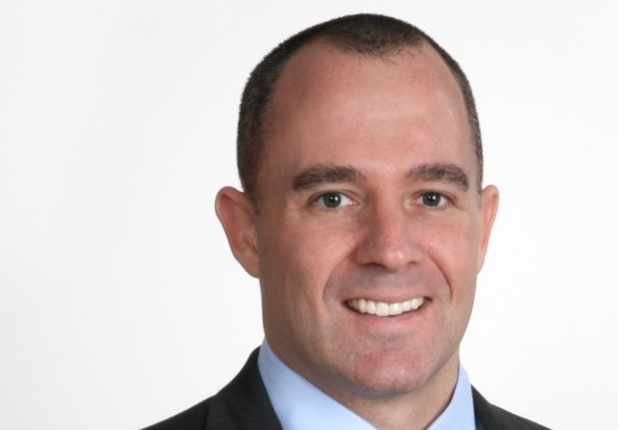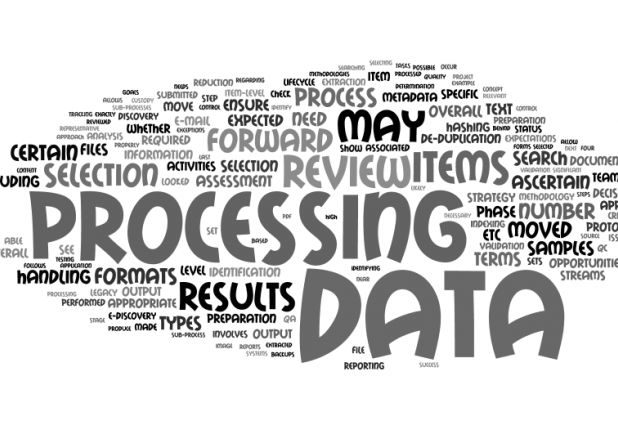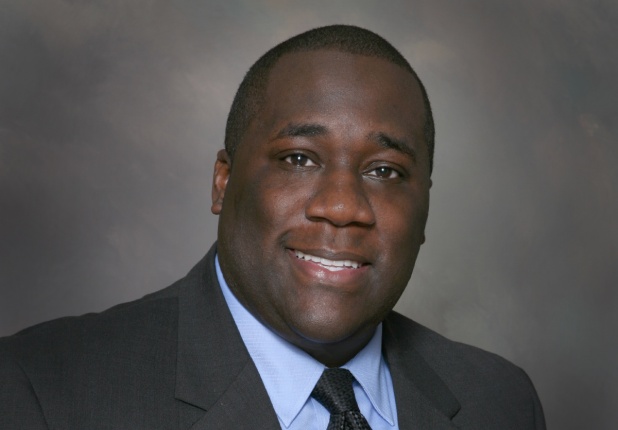Part Three of ESI Basics: The Gnarly World of Native Files
This is Part Three of a continuing series on ESI basics. In this series, we cover some of the terms used most often on the tech-side of e-discovery. In Part One, we provided an overview of PSTs. You can find that article here. In Part Two, we provided a primer on data processing. You can find that article here. Whether this is an introduction to you or a refresher, and whether you are an attorney, member of an in-house team or data analyst, this information may come in handy in your practice.









